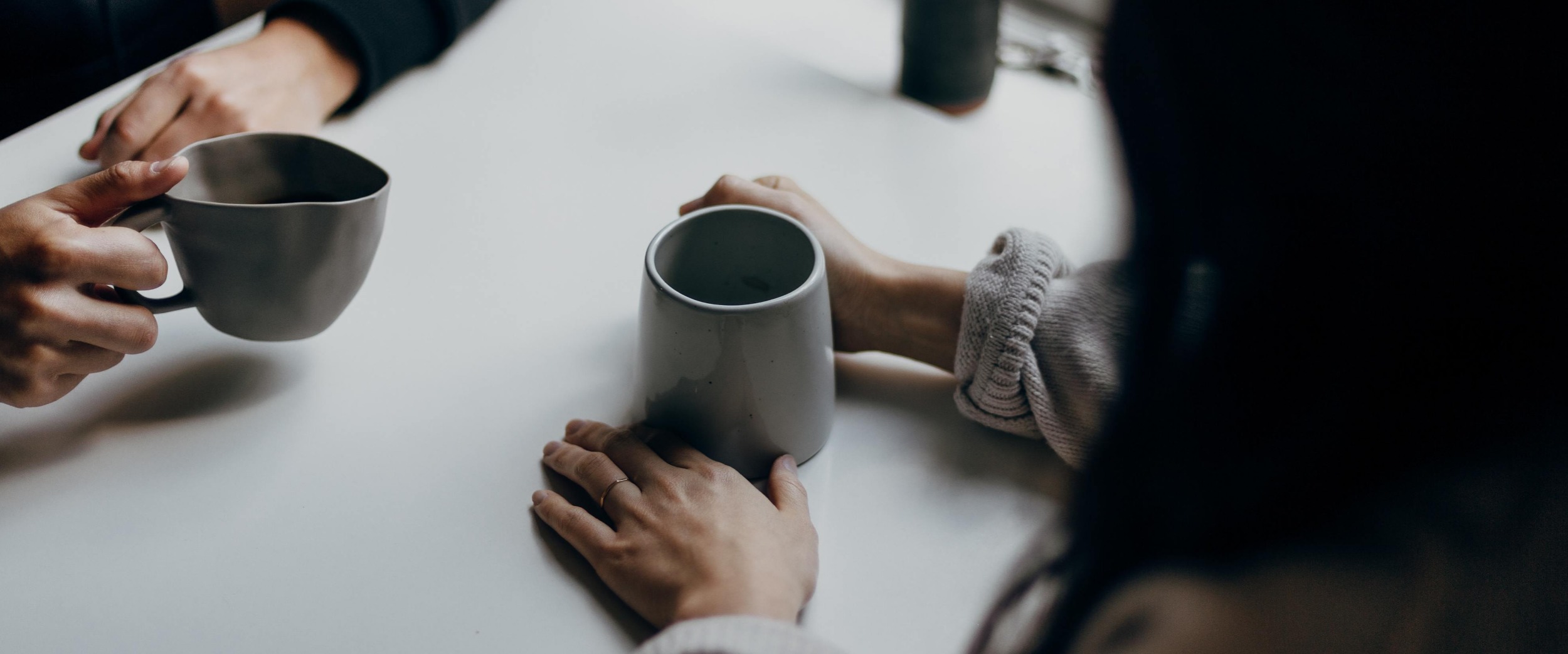Last year, we wrote a blogpost on the importance of advocating for yourself as someone with breast cancer. We also shared tips on how to go about becoming an advocate and being a part of your healthcare team. While the information shared is valuable and reflects situations you may find yourself in, we believe that the best way to learn is to hear from people who have been there already.
In today’s blogpost, we revisit the tips we shared last year, this time from the perspective and with the voice of breast cancer patients.
Laura Lehne on Knowing Yourself
Was told I had eczema and to see a "skin doctor" I advocated for more tests and was eventually diagnosed with Pagets Disease.
Adriana Ermter on Having a Support System
One woman, a former colleague, along with a new friend who I’d known of for years, thanks to working in the same industry, became invaluable finds, candidly, thoroughly and compassionately sharing their firsthand experiences with me. At the recommendation of a mutual friend, I chose to seek out the first woman when I was diagnosed. She, not my oncology team, emotionally prepared me for my surgery, encouraged I buy not one but several soft, underwire-free bras to sleep in to help minimize the pain. She was the one who forewarned me that I would be tattooed with grid-like dots prior to beginning radiation, how I would feel utterly and completely exhausted throughout the process and validated that it was okay to sleep every non-working hour of each day.
The second held my hand through recovery and the brain-fogged road I would and continue to walk, encouraging me by acting as a soundboard for the feelings of inadequacy I still feel as I continue to shed my former pre-breast cancer self. I chose to hear and learn from these women and their breast cancer journeys. They empowered me to make informed decisions for myself, which in turn has helped me better tune into my gut instincts and to follow them.
Rebecca Wulkan on Having a Support System
Our family system is slowly becoming a system for nurturing and curiosity. A place for growth and exploration. A place for failure and grace and compassion. And as our fears subside, we are able to affect each other in beautiful, positive ways, building a system that is strong enough to withstand any storm.
Janet Vanderveen on Having a Support System and Knowing Yourself
I was fortunate to have a treatment team that listened well and a dear friend who was an RN and attended every appointment for the first two years. She helped me advocate and understood the medical systems in a hospital setting. I was able to better advocate for myself by tracking everything in My Chart, an online program where you can record prescriptions, pain, symptoms and journal. I was able to look back over details and better understand where I was in treatment and the years afterward. If this is not available at a treatment hospital, I think it is important to track it all in a journal. It certainly helped jog my chemo brain. Joining a support group for people with the rare, aggressive cancer I had (Inflammatory Breast Cancer) made me a better advocate. Joining the advisory committee for the Lymphedema Association of Ontario has also helped. I was asked to be on the board, but I don't have the capacity for it. I help in whatever way I can and have a choice to opt-in to what I am capable of. Lastly being honest with myself about my limited capacity and in turn being honest with others has improved my wellbeing. It took awhile to get there. I was a powerhouse of energy and drive pre-cancer.
Ann Hill on Doing Your Research
My cancer centre’s tumour board recommended a second surgery to remove the remaining lymph nodes followed up by CT scans to see if it had spread further. Distressing as this news was, it actually started a series of “early detection” wins that I chalked up to my new-attitude, take-charge TIP: be Thorough, Inquisitive, Persistent. I spent the time leading up to the second surgery finishing chemo and doing a lot of research. I learned about TNBC and the increased risk of recurrence. I learned that with dense breasts, the risk of developing a second (contralateral) cancer in the other breast is greater. And I listened to my fear that if a tumour developed, it may be missed again. So, for my second time under the knife, I requested, and received, a double mastectomy.
We hope these words from those who have been there and faced situations that have required them to practice advocacy help and prepare you to do the same.
Photo by Priscilla Du Preez on Unsplash







